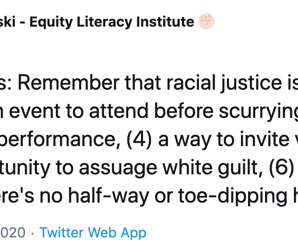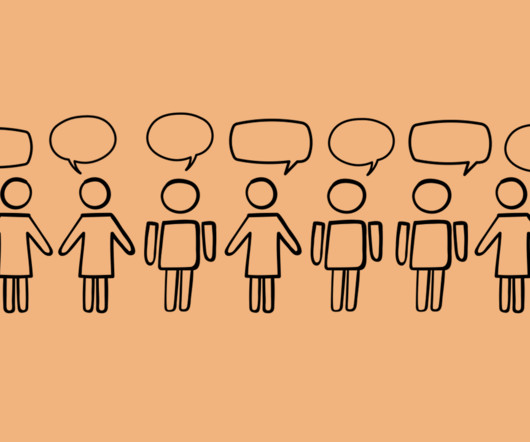Still learning? Still growing?
Dangerously Irrelevant
JUNE 5, 2020
As a history major in college and former Social Studies teacher, I am aware of the racial abuses that have permeated our nation’s history and continue to be present. Books: School leadership for social justice. Books: Culturally-relevant pedagogy. By themselves, they are not enough. Books: Anti-racism.













Let's personalize your content